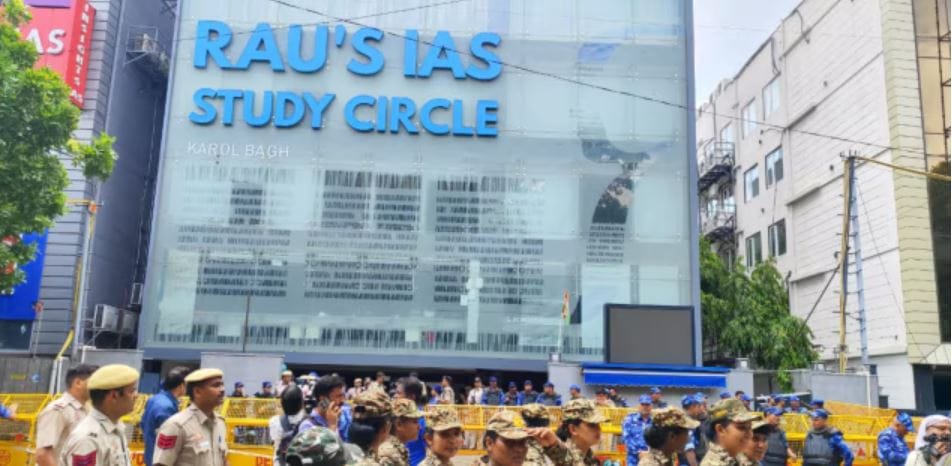Court Demands Accountability, Blasts ‘Freebie Culture’ Amidst Infrastructure Neglect
The Delhi High Court harshly criticized the Municipal Corporation of Delhi (MCD) for its failure to prevent the tragic deaths of three IAS aspirants in a flooded coaching center basement. The court summoned senior officials, including the MCD commissioner and the investigating officer, to appear before it and even hinted at transferring the probe to a central agency.
Judicial Scrutiny Uncovers Systemic Failures and Lack of Accountability
The High Court bench, led by Acting Chief Justice Manmohan and Justice Tushar Rao Gedela, condemned the MCD for its antiquated infrastructure, lack of financial planning, and administrative negligence. The court questioned why senior officials hadn’t been held accountable and how the civic body could function effectively without a standing committee for over two years.
‘Freebie Culture’ and Lack of Funds Crippled Infrastructure Upgrades
The court also highlighted the detrimental impact of the “freebie culture,” which it argued had deprived the MCD of funds for essential infrastructure upgrades. The bench pointed out the disconnect between the needs of the burgeoning population and the outdated infrastructure, leading to inadequate sewage systems and a lack of preparedness for emergencies.
Court Questions MCD’s Priorities and Lack of Enforcement
The judges expressed their dismay at the MCD’s reactive approach, focusing on suspending junior officers while senior officials remained unscathed. The court emphasized the need for proactive measures, such as regular inspections, enforcement of building codes, and a clear delineation of responsibilities among different authorities.
Key Takeaways and Implications for the Future
| Key Learning Points | Future Implications |
|---|---|
| Infrastructure needs to keep pace with population growth. | Increased investment in infrastructure development and maintenance. |
| Accountability is crucial at all levels. | Clear delineation of responsibilities and consequences for negligence. |
| ‘Freebie culture’ can hinder essential services. | Prioritization of essential services over populist measures. |
| Proactive measures are needed to prevent tragedies. | Regular inspections, enforcement of regulations, and emergency preparedness. |
| Transparency and coordination are key. | Clear communication and cooperation among different authorities. |
In conclusion, the Delhi High Court’s scathing criticism of the MCD underscores the urgent need for systemic reforms in urban governance. The tragedy serves as a stark reminder of the consequences of neglecting essential infrastructure and accountability. It is imperative for authorities to learn from this incident and take proactive steps to ensure the safety and well-being of citizens.
The Delhi High Court strongly criticized the MCD for its inaction and lack of accountability in the tragic deaths of three students in a flooded coaching center basement. The court highlighted the need for urgent reforms in urban governance, including improved infrastructure, accountability measures, and proactive steps to prevent future tragedies.
Soumya Smruti Sahoo is a seasoned journalist with extensive experience in both international and Indian news writing. With a sharp analytical mind and a dedication to uncovering the truth, Soumya has built a reputation for delivering in-depth, well-researched articles that provide readers with a clear understanding of complex global and domestic issues. Her work reflects a deep commitment to journalistic integrity, making her a trusted source for accurate and insightful news coverage.



